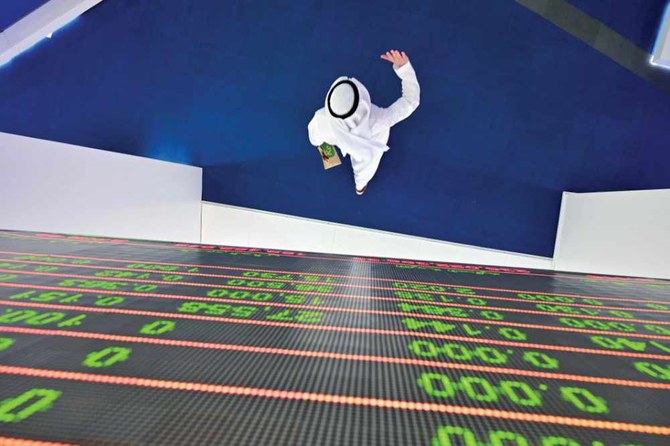DUBAI: “Is it halal to buy shares in Tesla?” a young Muslim would-be investor asks on Twitter.
Islamic finance — an amalgamation of Shariah law and modern banking — has become a $2 trillion business over the past two decades, covering everything from bonds to buying cars.
But it’s not easy for observant Muslims to decide whether or not an investment is halal (religiously permissible). Yet new technology is helping. Tesla, the American electric car pioneer, for example, is considered 96 percent Shariah compliant, according to the Zoya mobile application. The app screens US-listed stocks based on criteria issued by the Accounting and Auditing Organization for Islamic Financial Institutions, one of several bodies that set Islamic finance standards. Islamic funds are banned from investing in companies associated with tobacco, alcohol, pork or gambling. Earning interest is also banned as “usury.”
US-based Wahed Invest, an online halal platform, uses those criteria to help tens of thousands of people invest “ethically.” Islamic bankers are hoping that modern platforms will open the industry up to young investors, and that its innately ethical credentials will prove to be another draw.
Mehdi Benslimane, Global Expansion Strategist at Wahed Invest, said the guidelines in religious texts boil down to two conditions. “A business must have a real economic impact, not just a speculative one. And it must have a positive contribution to the world,” he said. .
According to the ratings agency Standard & Poor’s, the Islamic finance industry has in its relatively short existence grown to be worth $2.1 trillion. In projections made before the coronavirus outbreak, it predicted the sector would “continue to expand slowly” in 2020.
Financial technology, or fintech, could help the industry grow by “facilitating easier and faster transactions,” it said in its Islamic Finance Outlook 2020 Edition.
The meltdown the coronavirus pandemic has caused in other parts of the economy has prompted fears of a collapse in the sector. Dubai Islamic Bank has already delayed a planned issue of Shariah-compatible bonds, according to Emirati media reports. Yet Islamic finance — based on the concept of shared profit and loss, thus minimizing risk for banks — has fans well beyond the Muslim world.
For example, the Jeddah-based Islamic Development Bank in November signed an agreement with Japan’s mammoth pension fund to support the development of sustainable Shariah-compliant products. And the Responsible Finance & Investment (RFI) Foundation, a think tank, has talked up their ability to respond to the latest crash, due to the fact they are anchored in the real economy.
It also suggests that profits on investments in industries such as protective medical equipment could be donated to charities, helping tackle the coronavirus crisis without breaking the Islamic ban on interest payments. But the sector’s current slow-moving nature may hobble its ability to respond to crises.
The emphasis has been on growing the market rather than making it more efficient, said Mohammed Al-Sehli, CEO of Wethaq Capital, a Dubai-based fintech firm. The sector must focus more on innovation after “suffering from lack of innovation, standardization and automation of processes,” he told a foreign news agency.




